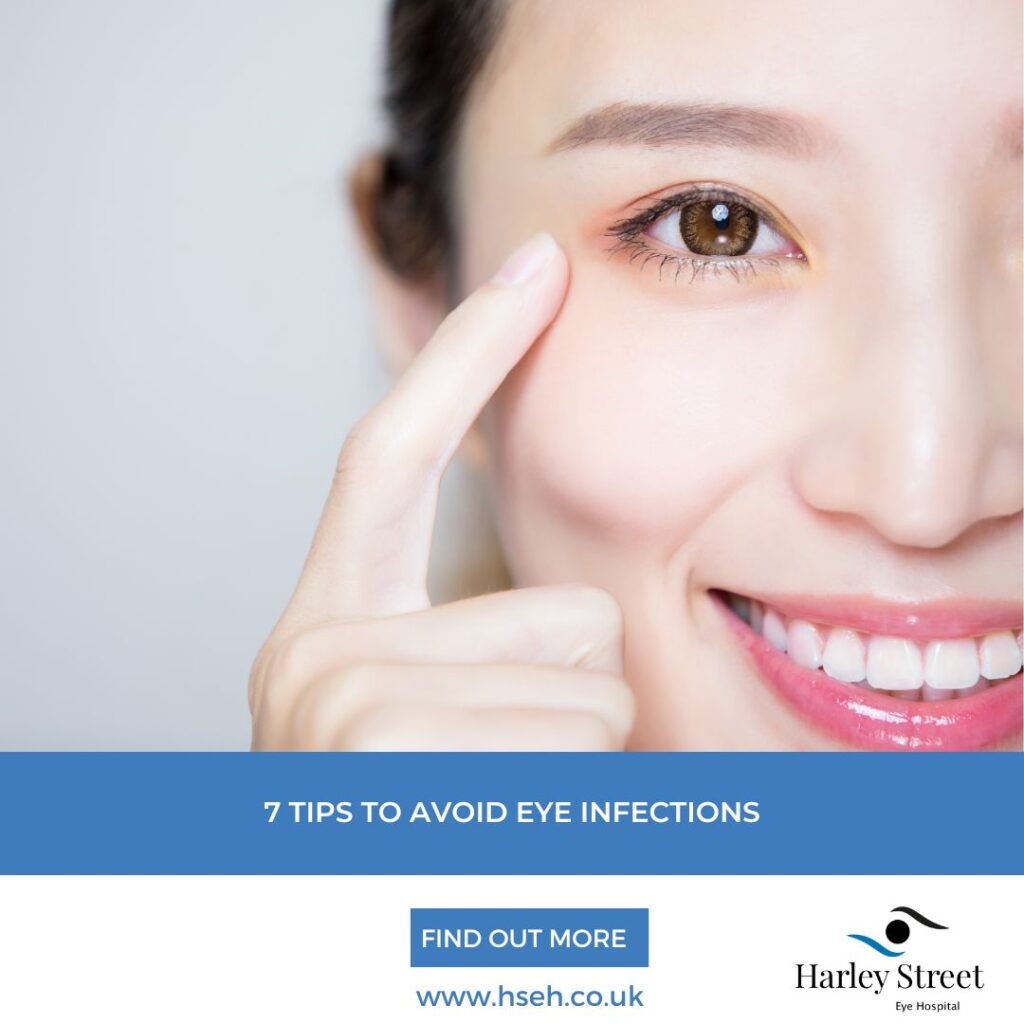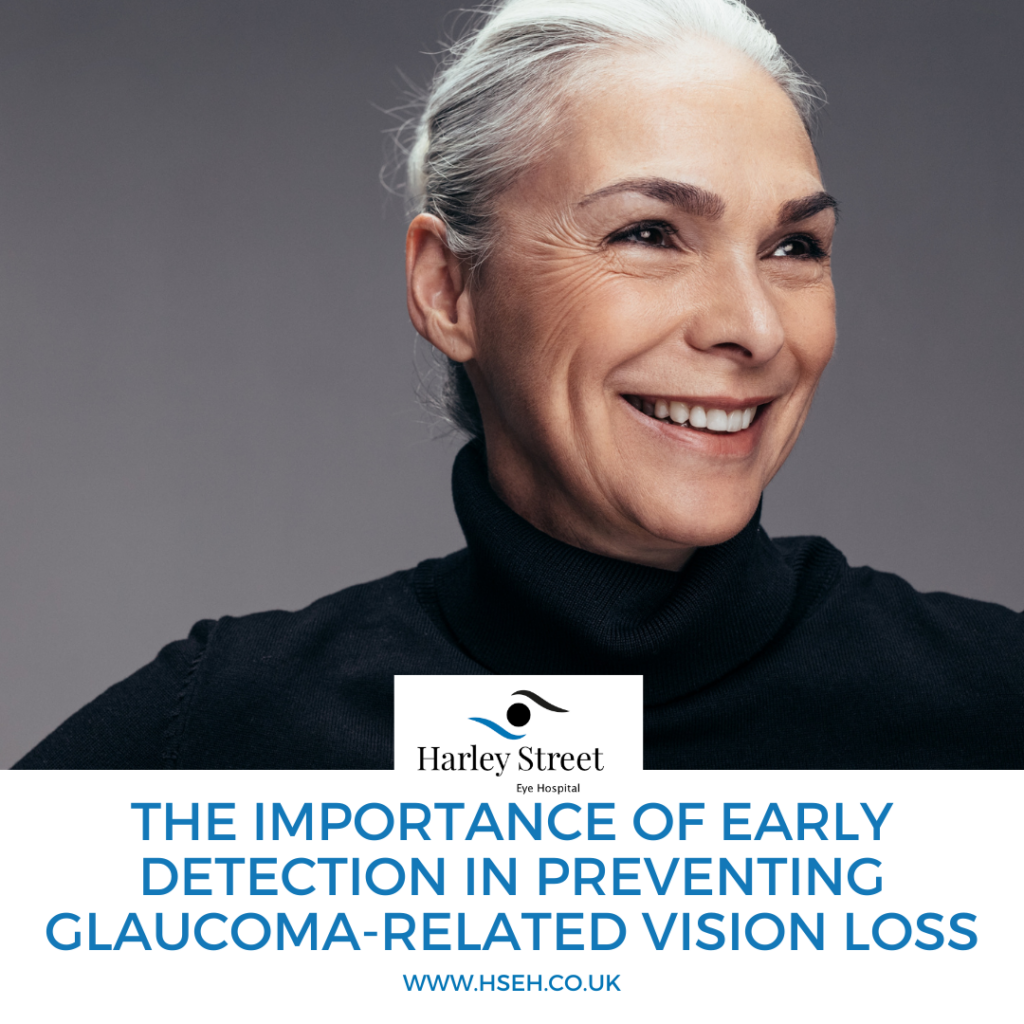Eye exams go beyond just making sure vision is not blurry. At Harley Street Eye Hospital, our experienced ophthalmology consultants stress the role routine eye exams play in patients’ eye health and wellbeing. This is why you should never skip your routine eye exam.
Many eye conditions and diseases are not immediately apparent. Glaucoma is known as the “Silent Thief of Sight” because many patients are unaware that they have the disease until permanent vision loss has occurred. In fact, glaucoma is the most common cause of blindness in the world and a big reason why is because it often goes undetected.
During an eye exam, we use special tools and instruments to evaluate the internal structures of the eyes and check for problems. While glaucoma has no cure, early detection and treatment can preserve vision. Other eye diseases that begin with few or no early symptoms include cataracts, diabetic retinopathy and macular degeneration.
Staying on top of your routine eye exams is a great way to stay on top of your overall health. This is because changes in the eyes, particularly those concerning the blood vessels, can signify an underlying health problem. For instance, tears or bends in blood vessels in the eye may be a sign of hypertension or high blood pressure, while blood vessels in the retina that leak blood or yellow fluid are often signs of diabetic retinopathy, a complication of diabetes.
In addition, a yellow tint or ring around the cornea may be a symptom of high cholesterol, while eye inflammation can signify an autoimmune disorder like lupus.
Individuals with good eye health and overall health should have a routine eye exam at the following ages:
- At 6 months of age for infants
- At age 3 and then again at age 5 or 6 for young children
- Every two years for grade-school children and teenagers
- Every two years for adults aged 18 to 60
- Every year for adults aged 61 and older
Individuals who wear prescription eyewear, have certain eye conditions or health conditions, or have a family history of eye diseases will likely need to get an eye exam more often. Our team can determine how often you should get your eyes checked during an initial consultation.
Contact us to book in for your next eye health check.





0 Comments